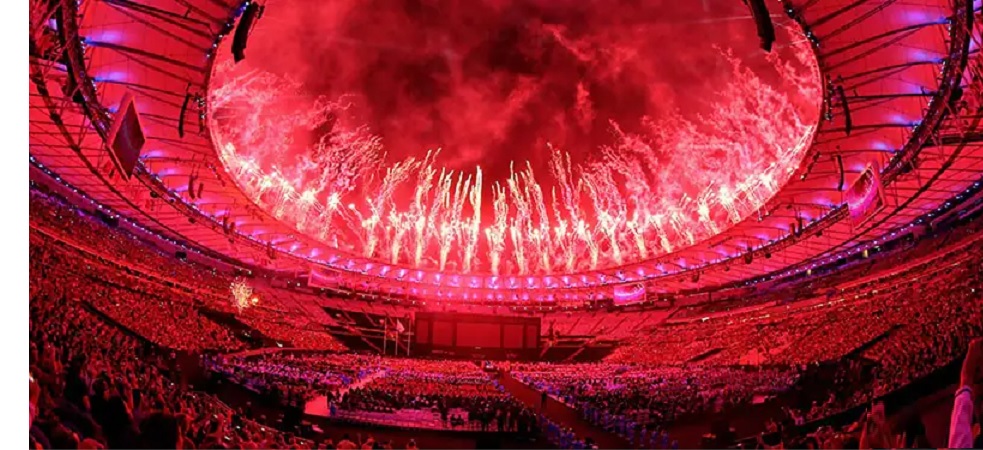The Paralympics aren’t merely a sporting event. They’re part of a broader movement toward inclusion.

That, in a nutshell, is why Amplitude is devoting so much coverage to the 2020 Tokyo Games. It’s why we created a new section of our website devoted to Paralympic stories, competitors, and sports. And it’s why we think all our readers—including those who believe amputee athletes already hog too much of the limelight—can get something out of this worldwide spectacle, which commences on August 24.
True, the Paralympics occasionally glorify the participants as bionic superheroes, creating an unrealistic ideal that misrepresents the realities, concerns, and gifts of most amputees. We’ve heard that critique, and we’re sensitive to it. But we think the Games can simultaneously hype amputee athletes and humanize ordinary amputees.
Like the Olympic Games, the Paralympics frame elite competition as a metaphor for more universal, relatable kinds of experience. Few people know what it’s like to win trophies, set records, and perform on a global stage. But everyone, abled or disabled, knows how it feels to commit to a goal; to chase a dream with no certainty of success; to fall short and keep trying; and to take satisfaction in every achievement, whether or not it’s validated with a gold medal.
Those everyday narratives—not the competition per se—are what make the Paralympics compelling enough to command the world’s third-largest TV audience. For 11 days, four billion viewers will focus their attention on people in wheelchairs and running blades. We can’t not cover that story. But we’ll cover it not as an exhibition of superhuman feats but, rather, as part of a broader cultural shift toward the normalization of limb difference.
We saw what this looks like during the Super Bowl, when Toyota’s commercial featuring Paralympic swimmer Jessica Long generated an extraordinarily positive response. The ad portrayed her journey not as a string of athletic triumphs but rather as a sequence of challenges, setbacks, and adaptations—the kind of thing everyone goes through. Millions of Americans who had never given a moment’s thought to limb loss now had an indelible impression of it, one that blurred the distinction between abled and disabled and placed the whole human family on one continuum.
That’s how Amplitude is telling the story of Paralympics in our magazine and on our website. Whether you love sports or hate them, we hope you’ll find meaning and enjoyment in our coverage of the Games. Happy reading, and happy viewing.




